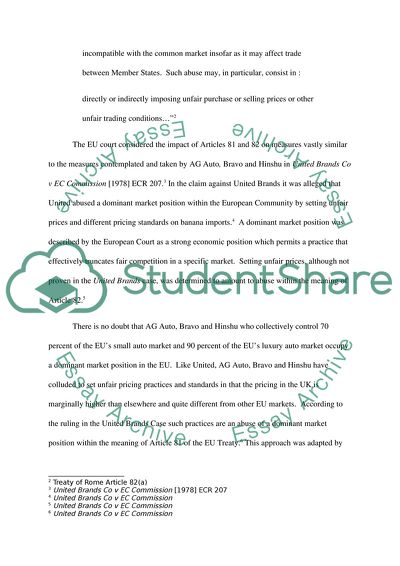Cite this document
(Free Movement of Goods - Recent Developments in the Case Law Assignment, n.d.)
Free Movement of Goods - Recent Developments in the Case Law Assignment. https://studentshare.org/law/1713574-european-law
Free Movement of Goods - Recent Developments in the Case Law Assignment. https://studentshare.org/law/1713574-european-law
(Free Movement of Goods - Recent Developments in the Case Law Assignment)
Free Movement of Goods - Recent Developments in the Case Law Assignment. https://studentshare.org/law/1713574-european-law.
Free Movement of Goods - Recent Developments in the Case Law Assignment. https://studentshare.org/law/1713574-european-law.
“Free Movement of Goods - Recent Developments in the Case Law Assignment”. https://studentshare.org/law/1713574-european-law.


